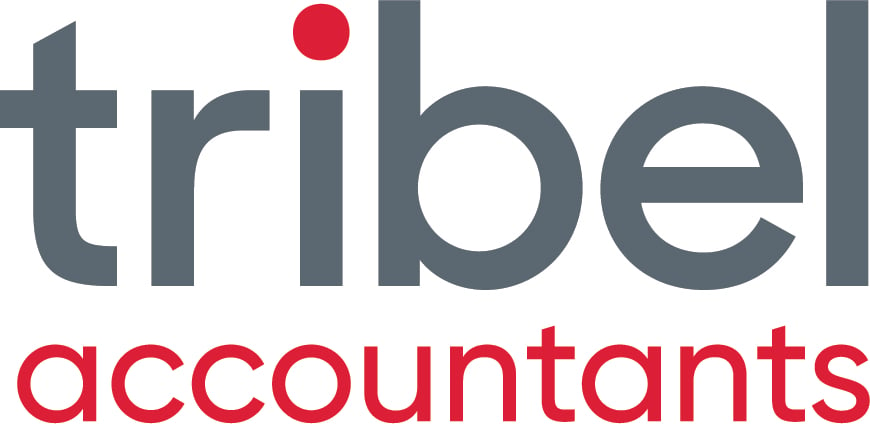INTRODUCTION:
There is no doubt that being a small business employer these days that you need to be very careful that you comply with the Fair Work legislation which includes being aware of the minimum requirements. As small business accountants Sydney and Dubbo, many of our clients find that they may need assistance.
The National Employment Standards (NES) are 10 minimum terms and conditions of employment (set out in Part 2-2 of the Fair Work Act 2009) that apply to national workplace relations system employees.
Whilst these might not be popular with many small business owners, the reality is that you need to be aware of them and make sure you comply or it could be an extremely costly exercise if you don't.
So what are these standards and what do they mean? Below is a guide only but you should always seek legal advice specific to your circumstances.

Figure 1: The Fair Work 'army' are out and about at present. Make sure you comply!
1. Maximum Of 38 Weekly Hours Of Work
An employee that is full time must not be asked to work more than 38 hours a week unless the additional hours are considered reasonable. If the the employee is not full-time than the maximum hours are their normal weekly hours worked unless the extra hours are considered reasonable.
There are whole range of considerations taken into account such as notice, normal industry standard, whether the employee is entitled to overtime etc.
Some awards and agreements allow for averaging of hours. These also must be adhered to with respect to the maximum hours per this standard.

Figure 2: It might make your head spin but the laws could increase retention rates if used correctly.
2. Requests For Flexible Working Arrangements
Employees may request a change to their working arrangements if they:
- are the parent, or have responsibility for the care, of a child who is of school age or younger;
- are a carer (within the meaning of the Carer Recognition Act 2010);
- have a disability;
- are 55 or older;
- are experiencing violence from a member of their family, or
- provide care or support to a member of their immediate family or household, who requires care or support because they are experiencing violence from their family.
It should be noted that there can be grounds for the employer to refuse the request under a number of circumstances if they are considered impractical or will reduce efficiency and other situations outlined by the fact sheet. There are also minimum service periods such as 12 months for full-time employees.
3. Parental Leave & Related Entitlements
All employees in Australia are eligible for unpaid parental leave if they have completed at least 12 months of continuous service with their employer.
This includes casual employees, but only if:
- they have been employed by the employer on a regular and systematic basis for a sequence of periods over at least 12 months;
- had it not been for the birth (or expected birth) or adoption (or expected adoption) of a child, they would have a reasonable expectation of continuing employment by the employer on a regular and systematic basis.
The unpaid period can be up to 12 months for each eligible person of a 'couple'.
4. Annual Leave
Each full time employee is entitled to 4 weeks annual leave. The legislation sets out circumstances where the employer can ask that the leave be taken at certain times (e.g. excessive leave or shut down).
5. Personal/Carer's Leave & Compassionate Leave
The NES establish minimum entitlements for permanent employees to receive:
- paid personal/carer’s leave;
- unpaid carer’s leave;
- paid or unpaid compassionate leave.
These forms of leave are designed to help an employee deal with personal illness, caring responsibilities, family emergencies, and the death or serious illness of close family members.
Casual employees are eligible for unpaid carer’s leave and unpaid compassionate leave.
The amount of carer's leave is 10 days paid per year, 2 days unpaid and 2 days paid for compassionate leave.
6. Community Service Leave
This standard sets out unpaid leave for voluntary emergency activities and up to 10 days of paid leave for jury service (after 10 days is unpaid).
7. Long Service Leave
Under the NES, an employee is entitled to long service leave in accordance with their applicable pre-modernised award. Modern awards (from 1 January 2010) cannot include terms dealing with long service leave.
However, an employee’s long service leave entitlement derived from a pre-modernised award does not apply in a number of circumstances.
8. Public Holidays
The NES provide an entitlement for employees to be absent from work on a day or part-day that is a public holiday.
The NES protect an employee’s workplace right to reasonably refuse to work on a public holiday, and will guarantee payment where an employee is absent from work because of a public holiday.
Employees are protected from adverse action for having, using, or seeking to use their workplace right to reasonably refuse to work on a public holiday.
9.Notice Of Termination & Redundancy Pay
This standard sets out minimum notice for termination and redundancy.
For termination the following can be payable:
| Employee’s period of continuous service with the employer at the end of the day the notice is given |
Period |
|---|---|
| Not more than 1 year | 1 week |
| More than 1 year but not more than 3 years | 2 weeks |
| More than 3 years but not more than 5 years | 3 weeks |
| More than 5 years | 4 weeks |
As noted the period can be up to 4 weeks' notice of termination (plus an extra week for employees over 45 years of age who have been in the job for at least 2 years).
There are circumstances where notice is not required such as serious misconduct.
For redundancy the following can be payable:
| Employee’s period of continuous service with the employer on termination | Redundancy pay period |
|---|---|
| At least 1 year but less than 2 years | 4 weeks |
| At least 2 years but less than 3 years | 6 weeks |
| At least 3 years but less than 4 years | 7 weeks |
| At least 4 years but less than 5 years | 8 weeks |
| At least 5 years but less than 6 years | 10 weeks |
| At least 6 years but less than 7 years | 11 weeks |
| At least 7 years but less than 8 years | 13 weeks |
| At least 8 years but less than 9 years | 14 weeks |
| At least 9 years but less than 10 years | 16 weeks |
| At least 10 years* | 12 weeks* |
This table is not applicable for small business employers (fewer than 15 employees).
10. The Fair Work Information Statement
The Fair Work Information Statement is available from the Fair Work Ombudsman.
This must be given by employers to all new employees. It contains information about:
- the NES
- modern awards
- agreement making
- freedom of association and workplace rights
- termination of employment
- individual flexibility arrangements
- right of entry
- transfer of business
- the role of the Fair Work Commission
- the role of the Fair Work Ombudsman.
CONCLUSION:
The above is a guide only and legal advice or assistance from Fair Work should be sought if you are unclear of your obligations and speak to your small business accountant Sydney and Dubbo.
Here is the link to the fact sheets http://bit.ly/2anEK4Y .
Awards and agreements have to also be referred to so be extra careful or you could inadvertently be contravening the rules without even knowing it until it's too late.
The penalties are substantial if you don't comply (A contravention of a provision of the NES may result in penalties of up to $10,800 for an individual and $54,000 for a corporation). Then there is the lost time and legal fees!
Inspectors are ramping up their spot checks at present.
Ignore the rules at your peril!


.png?width=100&height=100&name=COVID_Safe_Badge_Digital%20(002).png)




